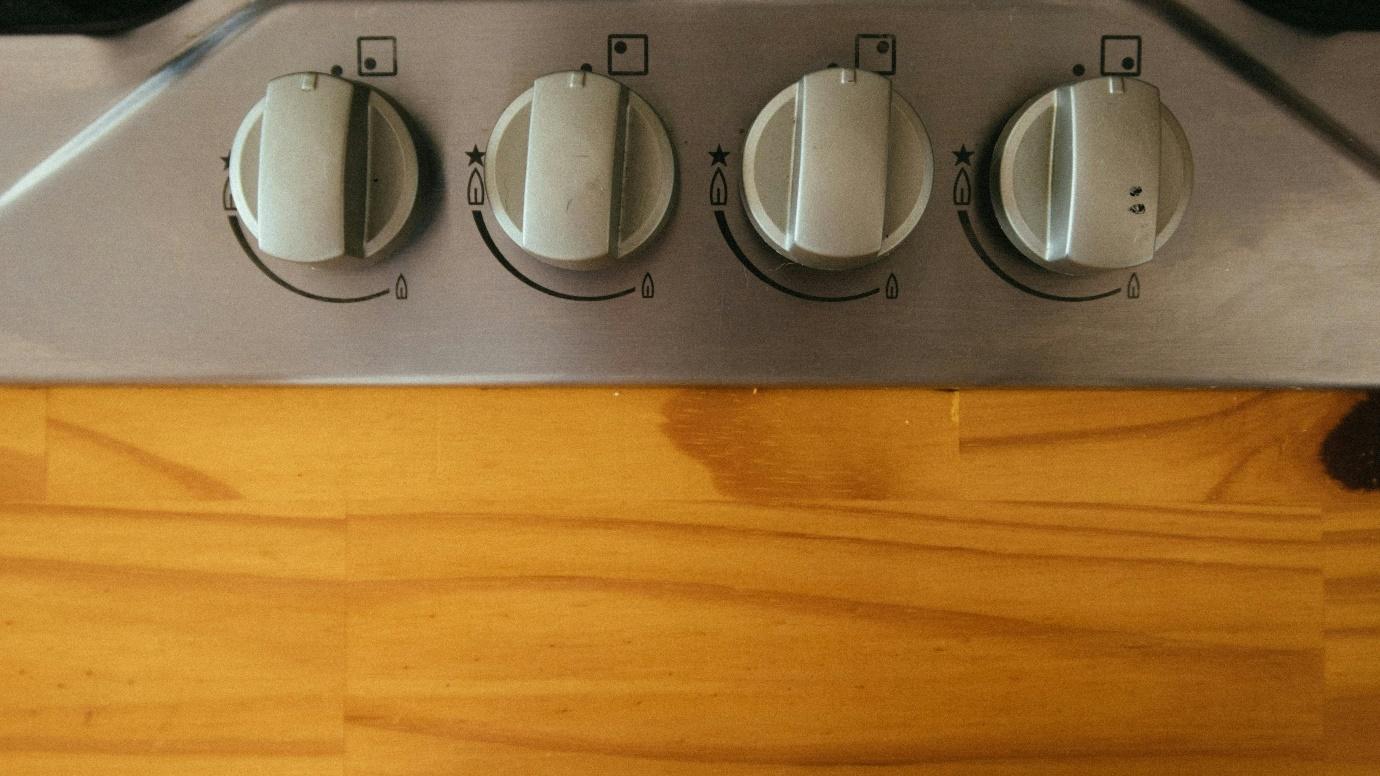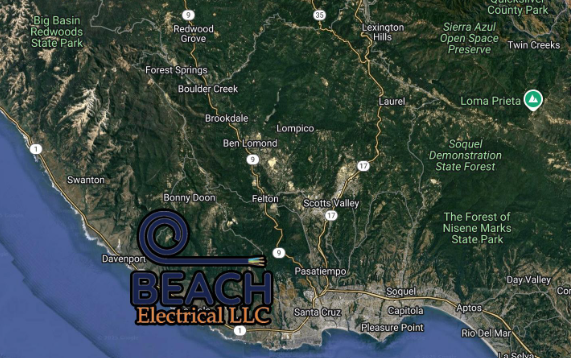As it gets colder, keeping a warm property isn’t just a comfort, it’s a necessity. An improperly heated home can lead to not only discomfort but health issues and can create several problems in your home such as damp, mould, and even frozen pipes.
This winter, you’re going to need to make sure your boiler is working at its best. Not just to prevent the aforementioned issues but to keep you safe and even help you save some money on your bills.
In this article we’re going to look at signs of problems that might leave you needing to search for boiler repair near me. As well as maintenance tips, so that your boiler and all your other gas appliances, such as your oven and hob, will be working perfectly…
Signs of a Boiler Issue
As with most things, there will usually be signs and symptoms that give you notice that there’s a problem.
Here’s a list of what to watch out for:
Noises
Problems such as trapped air, low water pressure or a malfunctioning pump can lead to your boiler making unusual noises. Whilst boilers do tend to make some noise when they are functioning, if you often hear banging, whistling or gurgling, you may have a problem.
Inconsistent Heat
Are some of your rooms not as warm as others? Or does your hot water seem to be fluctuating? This could either mean an issue with your radiators or boiler. If certain rooms aren’t heating up properly, check your radiators. Feel them for cold spots as this could mean trapped air for which you’ll need to bleed your radiator.
If the problem doesn’t seem to be with the radiators and you experience problems with your hot water flow, then it’s more likely to be a boiler issue.
Higher Utility Bill
Does your bill seem unnaturally higher than usual? Unless prices have raised significantly, a higher energy bill could point to boiler issues. If your boiler has a problem, it won’t work as efficiently, so you could be losing heat or it could be working harder to make up for the issue.
If you find yourself needing to turn the temperature up higher, you may want to consider inspecting your boiler or calling a professional if you can’t see or fix the problem yourself.
Whilst you can perform maintenance tasks and do some small fixes yourself, you are usually limited to what you can do with gas appliances due to safety concerns and risks of unknowingly causing a gas leak.
This is why getting a gas safe engineer when you have a problem is so important, as is getting a yearly boiler service. They’ll also know how to perform a gas pipe cap off, which is done in order to safely replace or relocate any gas appliance.
Water Leaks
If you notice water leaking or dripping around your boiler, this is a sign of internal damage or pressure issues. You can address the leak with temporary fixes like something to catch the water or tape to block it, but it’s probably best to call out a professional for this, as it involves dealing with complicated internal components.
When to Call a Gas Professional
If you experience any of the above issues, or your boiler even frequently shuts down unexpectedly at times and struggles to start, it’s probably time to call a professional before the problem gets worse.
Boiler Maintenance Tips
Bleeding radiators is just one of the things that you can do to help maintain your boiler and heating system. Now that you know the main signs of boiler issues, here’s how to keep your boiler well maintained – this can prevent these issues from arising or signal that you need to call a gas engineer.
Get Your Annual Boiler Service
This is really the best thing you can do for your boiler in terms of maintenance, and may even be a condition to keep the warranty valid for however long that lasts. Try to book it for a non busy time such as summer.
Check Pressure
Your boiler has a pressure gauge that tells you what its current levels are. Low pressure may mean a leak, and high pressure will put a strain on the system.
Keep Vents Clear
You need proper airflow to ensure your boiler works efficiently and doesn’t overheat, so make sure no vents are blocked.
Check the Pilot Light
Your boiler should have a blue flame. A yellow or flickering flame may mean that there’s a gas issue that needs professional attention.
Final Thoughts
Now that you know the main signs to look out for and maintenance tasks to undertake, you should be able to take care of your boiler better. Remember, gas is a potentially dangerous energy source, so always make it a priority to call out a gas engineer when you need it.






